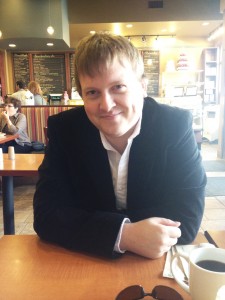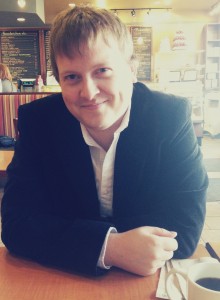The director of CFI Okanagan has reached out to me with a very important request:
We have our Secular Sobriety group here in Kelowna and this is a huge deal for us as there is nothing else similar here and it is making an impact. Unfortunately they don’t really have a steady place to meet and they don’t have the luxury of moving around like our main CFI group does.
The Unitarians are giving us a good discount at $20 per week but want to have the years rent up front so we need to raise $1040 so that we can secure the space. I was hoping that you could post it on your blog and hopefully get a few bucks from the larger community.
This kind of stuff is precisely what the freethinking community needs to start doing: replacing religious institutions that provide help at the cost of your rational faculties. I’ve contributed last month’s blog revenues (~$60) to the cause. If you’ve got a few extra bucks floating around your pockets, won’t you consider helping them out?
Check out their fundraising page here
Like this article? Follow me on Twitter!


